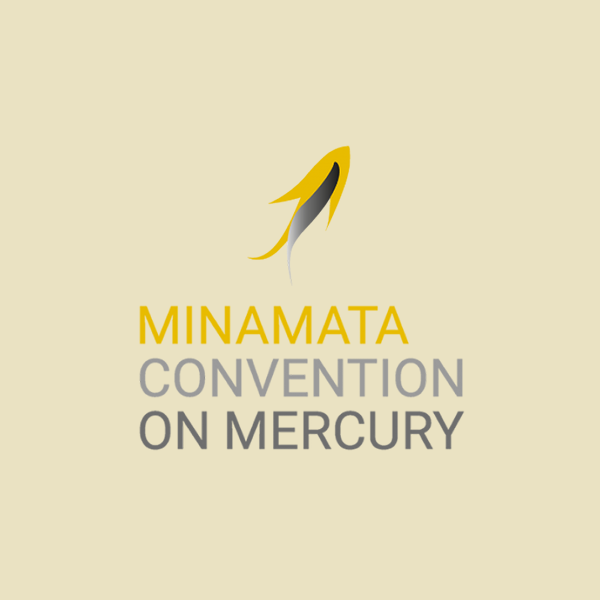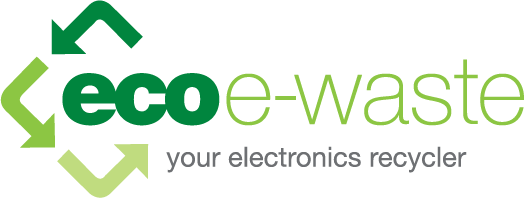SOCIAL
RESPONSIBILITY

Power from the lithium batteries to be recycled, along with solar from the roof of our factories will be stored in a large battery storage system to supply power from our recycling processes.
What a circular economy story to rival no other!
The new head office facility at Campbellfield represents a step into the future as it transitions to the latest in recycling technology using ‘green power’ on a scale that would not have been possible three years ago.
The group is constantly striving for ‘carbon neutrality’ through a reduction in energy consumption and emissions.
Fundamental to the powering of the new central office and the on-site processing facilities of Ecocycle, Ecobatt and Ecoe-waste has been the installation of the latest in solar panel technology which will provide the necessary power to significantly reduce the group’s power usage and the company’s carbon footprint. The solar power collected will be used to charge re-purposed ‘new life’ energy storage batteries that will drive the onsite power grid used in the recycling of batteries, e-waste and mercury. The discharging of the batteries before recycling, will have that power / energy feed back into 40 foot battery storage container along with the solar power collected.
Solar panels are extensively in use at several facilities and further development of the branch operations is planned, using solar energy to recharge re-purposed EV batteries and to reduce reliance on baseload power.
Our Campbellfield facility has been upgraded to cater for extracting mercury from flat screen televisions. This is performed through sister subsidiary, Ecocycle who are arguably Australia’s most experienced mercury recovery and recycling company.
Ecocycle is licensed by the Enviromental Protection Agencies in each state to handle the entire process of recycling mercury-containing waste. We have exclusive agency arrangements with technology leaders on Mercury Recycling Machinery and the robotic TV, monitor and laptop processing equipment.
Mercury can now no longer be sold or disposed of in Australia, putting extra pressure on the many industries who extract or who have mercury as a by-product of their production processes, particularly in the oil, gas, and mining industries.
Recognising the need to uphold the spirit of the Minamata convention and the stringent EU protocols with respect to a traceable solution for surplus mercury, the group of which Eco e-waste is part, have committed to the latest European technology with a new mobile encapsulating and refinement unit being commissioned and operational in early 2024 at our Perth facilities in Kwinana Beach

We continue to work with the approved refiners (both Hydro and Pyro) to ensure the materials we extract find appropriate markets in a responsible and sustainable manner. Our group has it owns downstream processing facilities, delivering clean, sorted, and separated materials to meet the needs of end users looking for quality and consistency.
Recently the UN called on countries to acknowledge the importance of sustainable policies that are geared to raising awareness to ensure efficient and sustainable management of limited and unequally exploited natural resources by 2030. E-waste recycling plays an important role in the preservation of limited resources. The UN also called for urgent and transformative action as countries develop a clear path to achieve net-zero emissions.
Eco e-waste are committed to the reduction of their carbon footprint and support the Federal Government’s policy of progressing towards a circular economy with a target to achieve an 80 per cent resource recovery from all waste streams by 2030.
